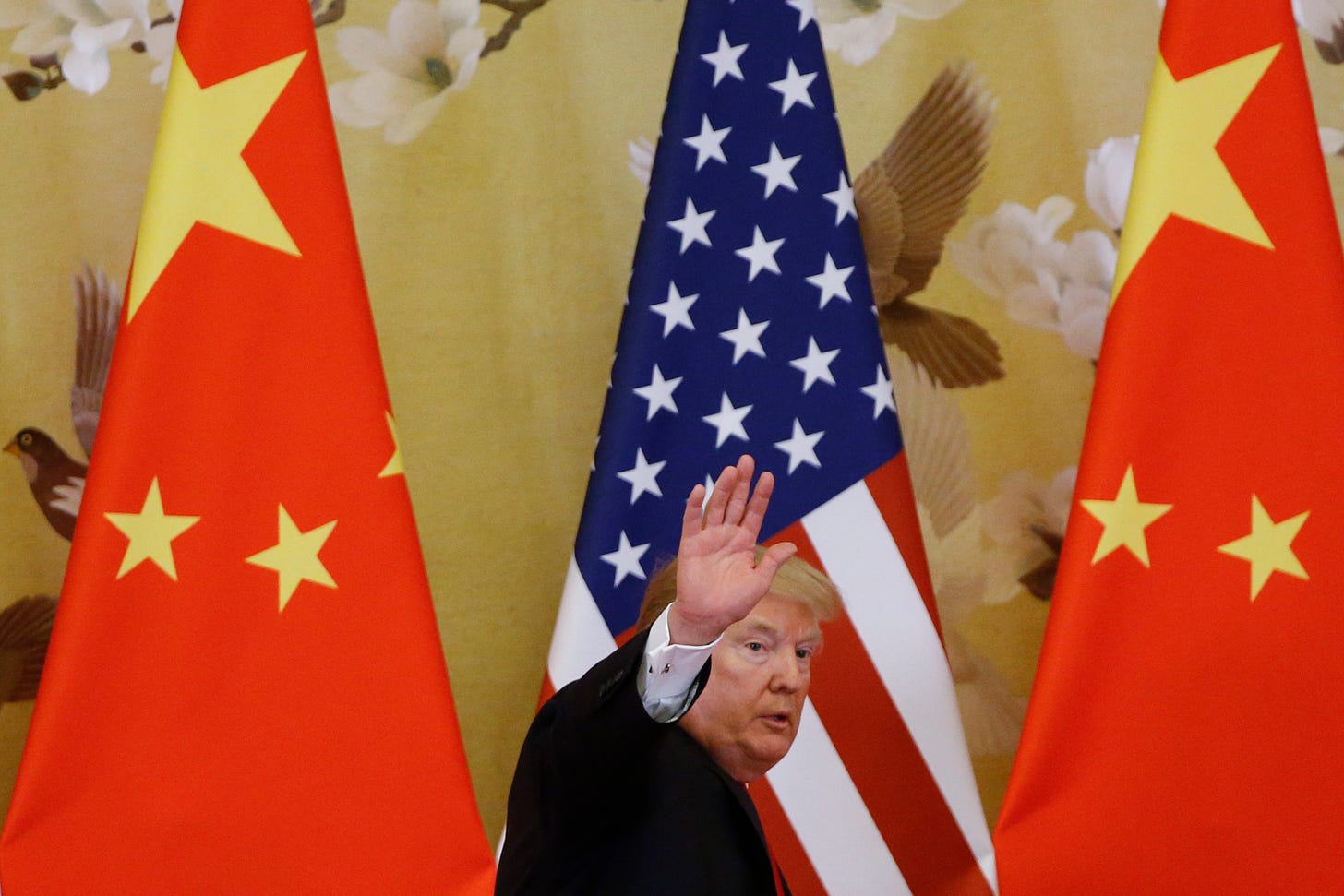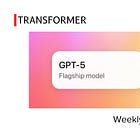Donald Trump is making Chinese AI great again
Giving China access to advanced chips for a $2bn payoff is a bad deal for US security
“Money has never been the problem for us; bans on shipments of advanced chips are the problem.” So said DeepSeek CEO Liang Wenfeng last year, making explicit what many had argued: US export controls were hurting China’s AI industry.
Since then, export controls’ bite only increased. The growing importance of AI inference, coupled with a ban on exporting Nvidia’s H20 chips, was hurting China’s ability to deploy AI systems.
Chinese cloud providers reportedly expect the rollout of DeepSeek’s next model to be stymied by the H20 ban. The Chinese military has been trying to get its hands on the chips. And a recent Economist report found that “access to chips for inference … is the bottleneck limiting the growth of China’s AI industry.”
Yet last week, Donald Trump gave a license to Nvidia to export these chips to China — in exchange for a 15% cut of Chinese H20 revenue, according to reports from the Financial Times and New York Times.
The move may well be illegal: the constitution flatly bans export taxes. It is also astonishingly self-defeating. As Liza Tobin, former China director at Trump’s National Security Council, told the NYT, Trump is “selling [America’s] national security for corporate profits.”
Trump’s own AI Action Plan lays out the rationale for export controls. “Advanced AI compute is essential to the AI era, enabling both economic dynamism and novel military capabilities,” the plan notes. “Denying our foreign adversaries access to this resource, then, is a matter of both geostrategic competition and national security.”
By the administration’s own admission, then, lifting the H20 ban is a win for China — at America’s expense. Far from making America great again, Trump’s decision seems aimed squarely at making China great.
Even Trump allies like Steve Bannon can see this. “American companies spent decades being made fools of, getting duped by the Chinese Communist party,” Bannon has said. “Unbelievably, the government is poised to make the same humiliating mistake, at the behest of companies that want to drive their own profits with zero concerns for the nation’s security.”
Why has this happened? No doubt it is partly due to Trump’s love of a good deal. If Nvidia sells $15bn worth of H20s to China, as Jensen Huang has previously suggested it could, the US government will make $2.25bn — a number much more tangible than the priceless security benefits Trump is giving up in exchange.
Perhaps more important is the influence of David Sacks, Trump’s woefully ignorant AI czar. Sacks clearly does not believe that transformative AI systems will be developed anytime soon, despite all evidence to the contrary.
If he’s right, export controls may indeed not make much sense: the economic case for them is weak. But if he’s wrong — and many of the leading figures in AI believe he is — not imposing them could be catastrophic, allowing China to win the race to AGI and gain a significant strategic advantage over the US.
One can debate whether slowing down China’s AI development is in fact a good thing, but it is an explicit goal of the MAGA administration. Trump and those around him have long been China hawks, and ironically Trump used to take winning the AI race seriously. It was his administration, not Biden’s, that banned the H20 in the first place.
Worryingly, things could get worse still. China is reportedly pushing for the US to remove export controls on the advanced memory chips needed to make AI chips, and the Commerce Department has reportedly “frozen restrictions on technology exports” in an effort to please China. Jensen Huang has publicly said that he hopes to “get more advanced chips into China.”
It is now in the realm of possibility that Trump will continue to give up America’s long-term AI advantage in exchange for wads of cash today. It could be the costliest deal America ever makes.




Now we know what it's like operating in a house of mirrors--none of which offer an accurate reflection. I recently asked a political analyst for whom I have total respect if we are in free-fall. He responded that it seemed so, unless some outside force stopped it. I suppose turning ourselves over to China would qualify, though the loud thud would make falling seem a superior option. If our complicated historical trajectory means anything at all, it demonstrates the limited benefits of instant gratification. My only hope is that this immersive experience in how to unravel 250 years of experience in less than a year will restore our grasp of the reality that there is no quick or easy path for conducting Our Great American Experiment.
Absolute fucking joke